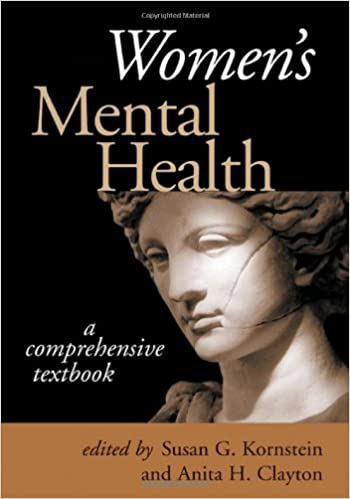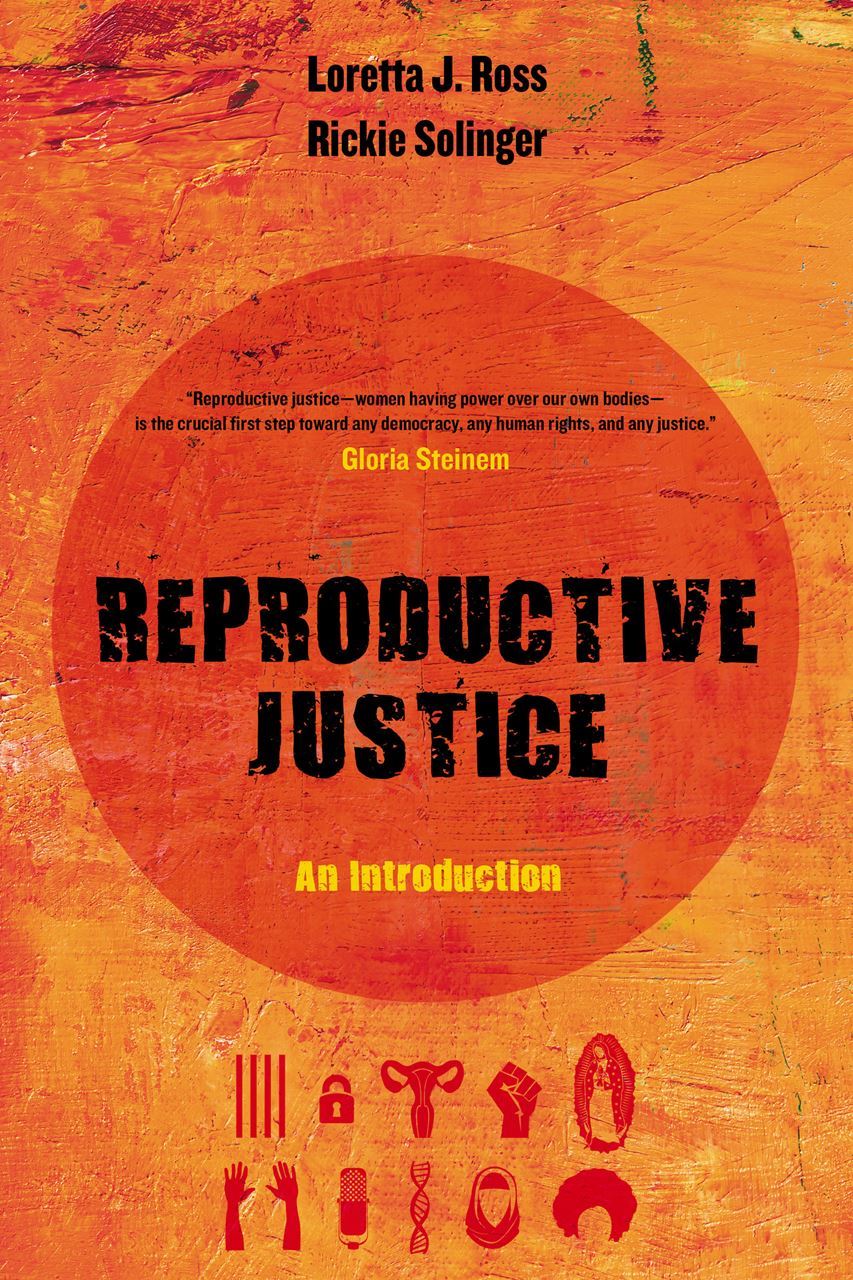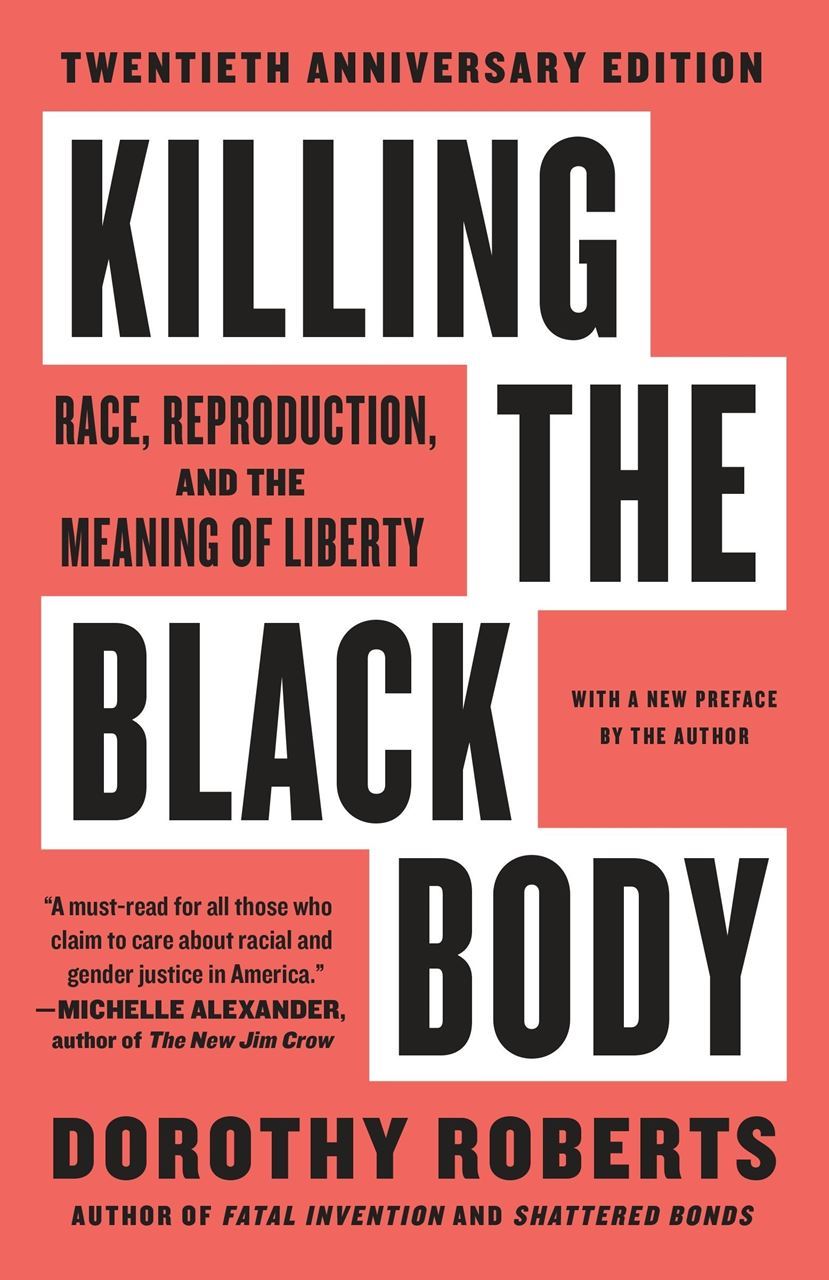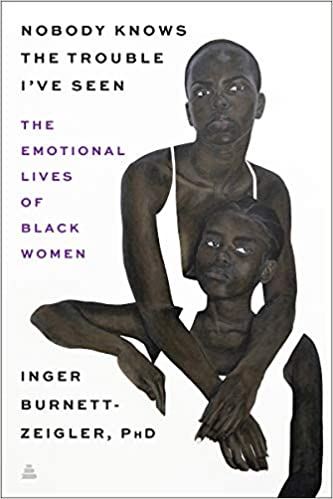PUBLICATIONS Books Women's Reproductive Mental Health Across the Lifespan Diana Lynn Barnes (Editor) Pregnancy and childbirth are generally viewed as joyous occasions. Yet for numerous women, these events instead bring anxiety, depression, and emotional distress. Increased interest in risk reduction and early clinical intervention is bringing reproductive issues to the forefront of women's mental health. The scope of Women's Reproductive Mental Health across the Lifespan begins long before the childbearing years, and continues well after those years have ended. Empirical findings, case examples, and dispatches from emerging areas of the field illuminate representative issues across the continuum of women's lives with the goal of more effective care benefitting women and their families. Chapter authors discuss advances in areas such as fertility treatment and contraception, and present current thinking on the psychological impact of pregnancy loss, menopause, cancer, and other stressors. These expert contributors emphasize the connections between an individual's biology and psychology and cultural expectations in shaping women's mental health, and the balance between a client's unique history and current clinical knowledge clinicians need to address disorders. Included in the coverage:
A reference with an extended shelf life, Women's Reproductive Mental Health across the Lifespan enhances the work of researchers and practitioners in social work, clinical psychology, and psychiatry, and has potential relevance to all health care professionals.
Authors: Susan G. Kornstein; Anita H. Clayton This comprehensive reference and text synthesizes a vast body of current knowledge about women's mental health and health care. Coverage includes women's psychobiology across the life span--sex differences in neurobiology and psychopharmacology and psychiatric aspects of the reproductive cycle--as well as gender-related issues in assessment and treatment of frequently encountered psychiatric disorders. Empirically sound, clinically useful information is presented on sex differences in epidemiology, risk factors, presenting symptoms, treatment options and outcomes, and more. Sections also delve into mental health consultation to other medical specialties; developmental and sociocultural considerations in service delivery, including diversity issues; and research methodology and health policy concerns. Reflecting important contemporary advances in research and practice, this unique volume fills a crucial need for mental health and medical practitioners in a range of specialty areas. It will also serve as a text in graduate-level courses and residency programs.
Authors: Loretta J. Ross; Rickie Solinger Written by two legendary scholar-activists, Reproductive Justice introduces students to an intersectional analysis of race, class, and gender politics. Loretta J. Ross and Rickie Solinger put the lives and lived experience of women of color at the center of the book and use a human rights analysis to show how the discussion around reproductive justice differs significantly from the pro-choice/anti-abortion debates that have long dominated the headlines and mainstream political conflict. Arguing that reproductive justice is a political movement of reproductive rights and social justice, the authors illuminate, for example, the complex web of structural obstacles a low-income, physically disabled woman living in West Texas faces as she contemplates her sexual and reproductive intentions. In a period in which women’s reproductive lives are imperiled, Reproductive Justice provides an essential guide to understanding and mobilizing around women’s human rights in the twenty-first century.
Author: Dorothy Roberts In 1997, this groundbreaking book made a powerful entrance into the national conversation on race. In a media landscape dominated by racially biased images of welfare queens and crack babies, Killing the Black Body exposed America’s systemic abuse of Black women’s bodies. From slave masters’ economic stake in bonded women’s fertility to government programs that coerced thousands of poor Black women into being sterilized as late as the 1970s, these abuses pointed to the degradation of Black motherhood—and the exclusion of Black women’s reproductive needs in mainstream feminist and civil rights agendas.
Author: Inger Burnett-Zeigler Black women’s strength is intimately tied to their unacknowledged suffering. An estimated eight in ten have endured some form of trauma—sexual abuse, domestic abuse, poverty, childhood abandonment, victim/witness to violence, pregnancy trauma, and regular confrontation with racism and sexism. Nobody Knows the Trouble I’ve Seen shows that trauma often impacts mental and physical well-being. It can contribute to stress, anxiety, PTSD, and depression. Unaddressed it can lead to hypertension, diabetes, heart disease, overeating, and alcohol and drug abuse, and other chronic health issues. |
Articles
Augsberger, A., Yeung, A., Dougher, M. et al. Factors influencing the underutilization of mental health services among Asian American women with a history of depression and suicide. BMC Health Serv Res 15, 542 (2015). https://doi.org/10.1186/s12913-015-1191-7
Nagle-Yang, S., Miller, L. & Osborne, L.M. Reproductive Psychiatry Fellowship Training: Identification and Characterization of Current Programs. Acad Psychiatry 42, 202–206 (2018). https://doi.org/10.1007/s40596-017-0690-8
Krim K. Lacey and Dawne M. Mouzon. Journal of Women's Health. Sep 2016.920-929. http://doi.org/10.1089/jwh.2015.5293
Martin, Emily. “The Egg and the Sperm: How Science Has Constructed a Romance Based on Stereotypical Male-Female Roles.” Signs, vol. 16, no. 3, 1991, pp. 485–501. JSTOR, www.jstor.org/stable/3174586.
Dismer, Hannah. “I Used to Think Abortion Was Murder. Now I Work at an Abortion Clinic.” Rewire News Group, 16 May 2019, rewirenewsgroup.com/article/2019/05/16/i-used-to-think-abortion-was-murder-now-i-work-at-an-abortion-clinic/.

 Women's Mental Health: A Comprehensive Textbook
Women's Mental Health: A Comprehensive Textbook Reproductive Justice: An Introduction (Vol. 1)
Reproductive Justice: An Introduction (Vol. 1) Killing the Black Body: Race, Reproduction, and the Meaning of Liberty
Killing the Black Body: Race, Reproduction, and the Meaning of Liberty Nobody Knows the Trouble I've Seen: The Emotional Lives of Black Women
Nobody Knows the Trouble I've Seen: The Emotional Lives of Black Women